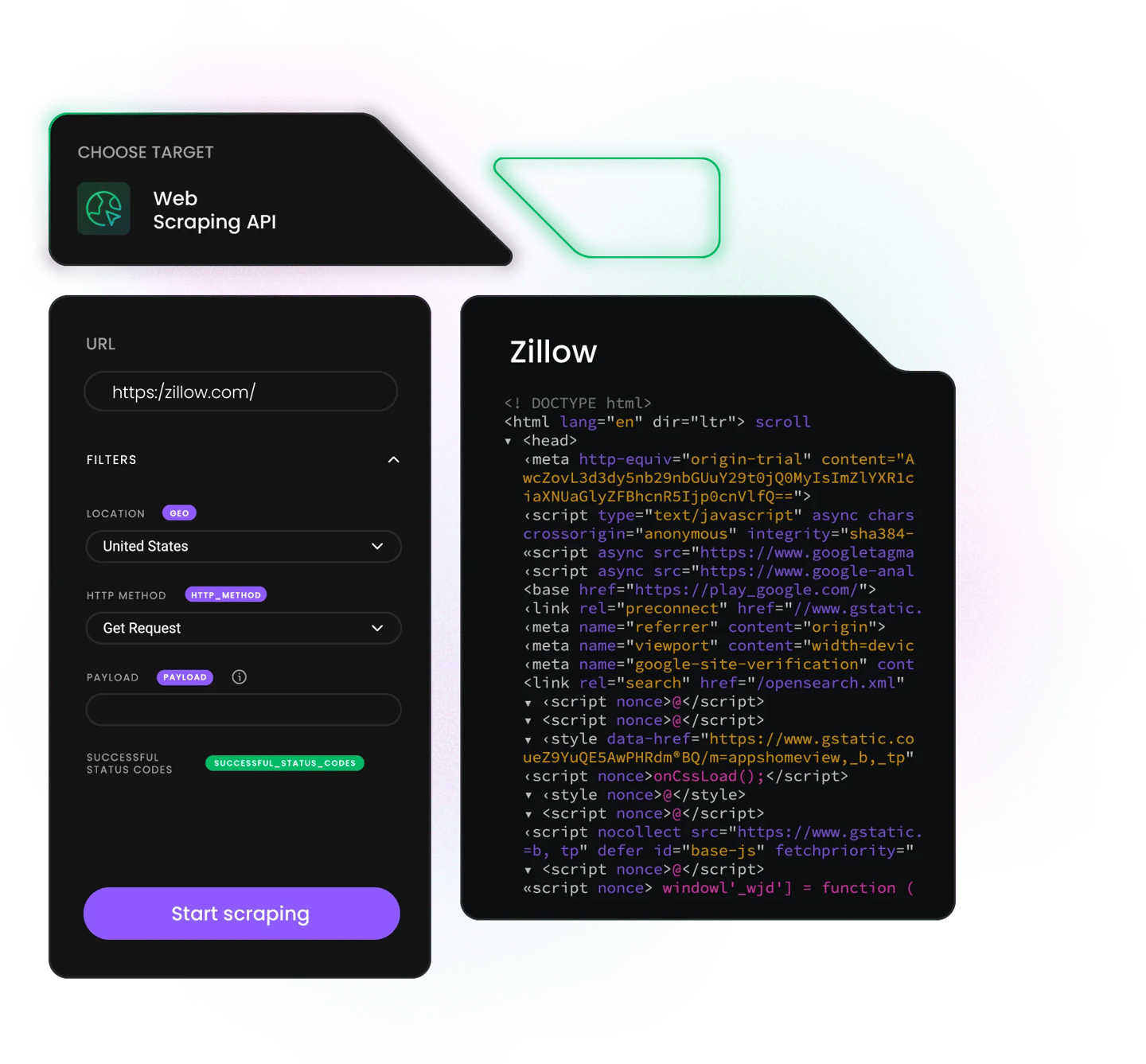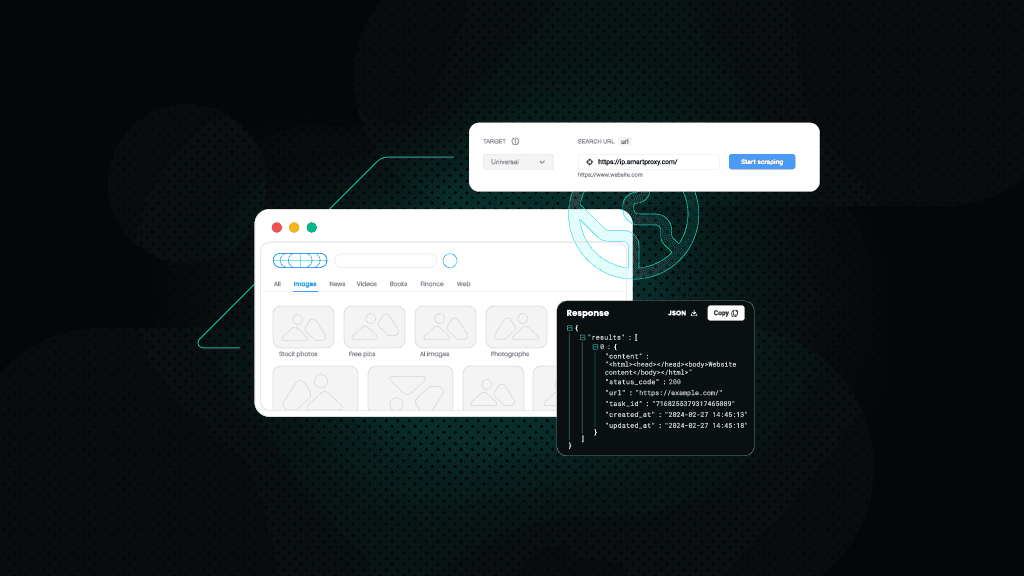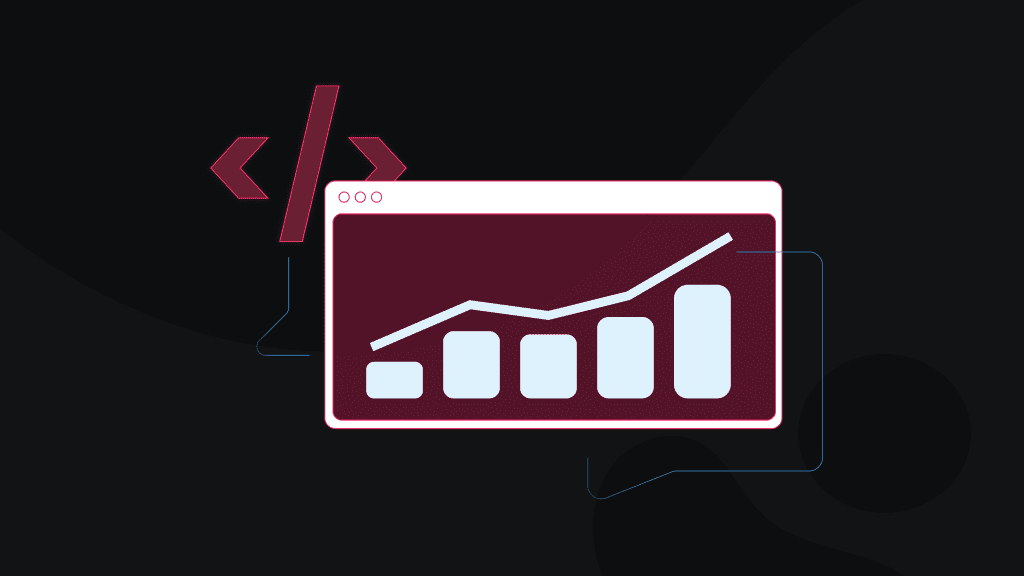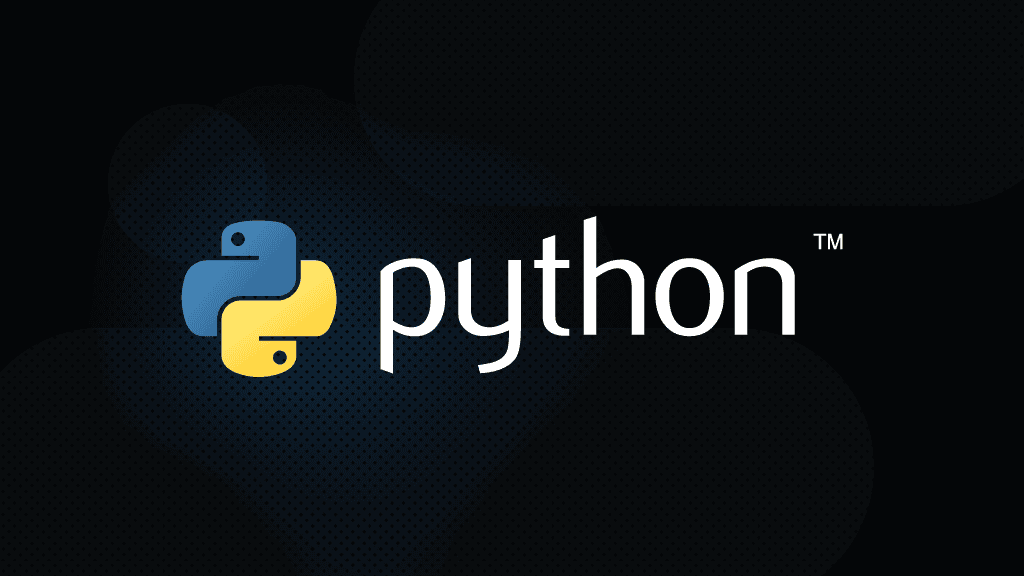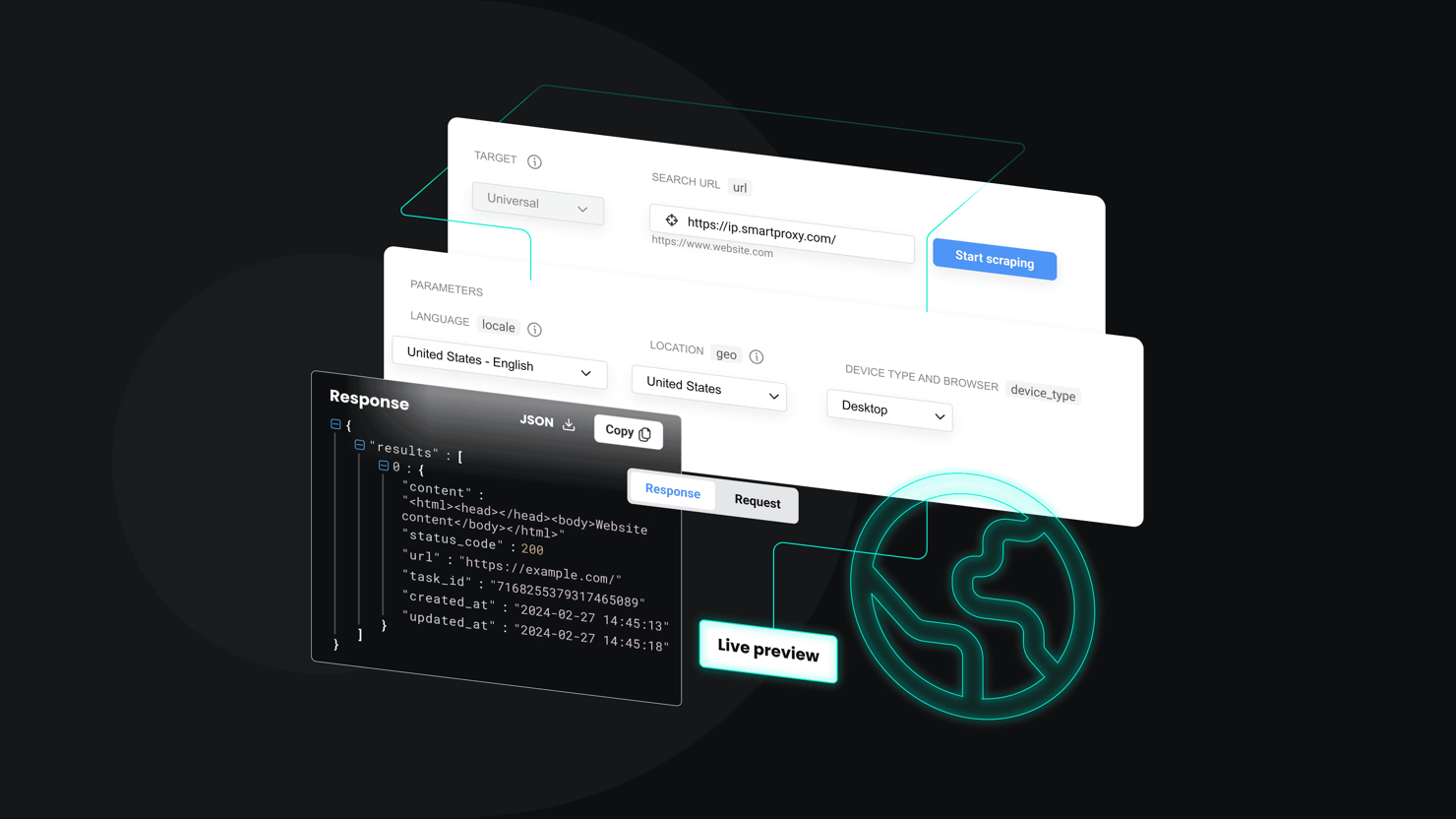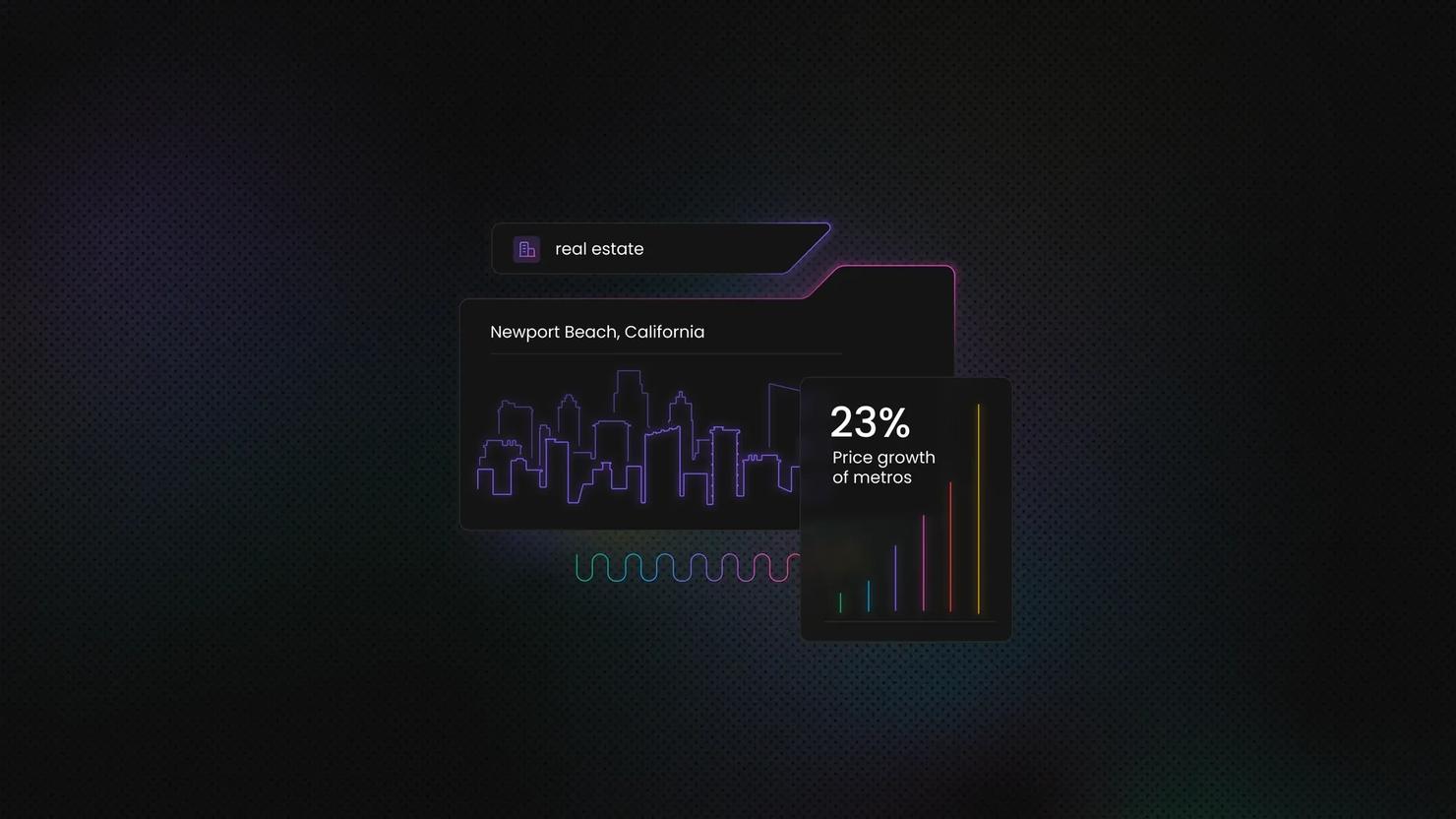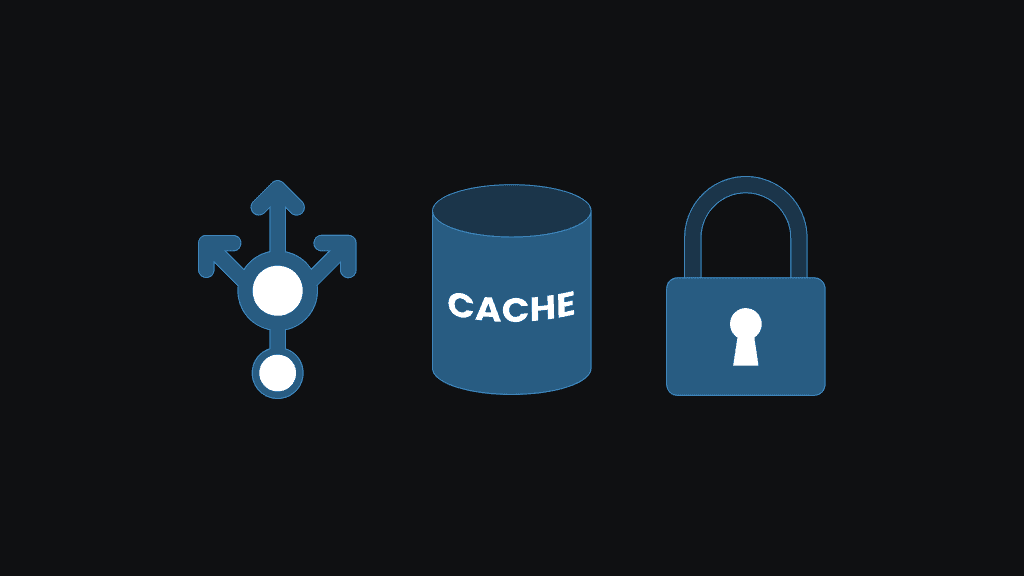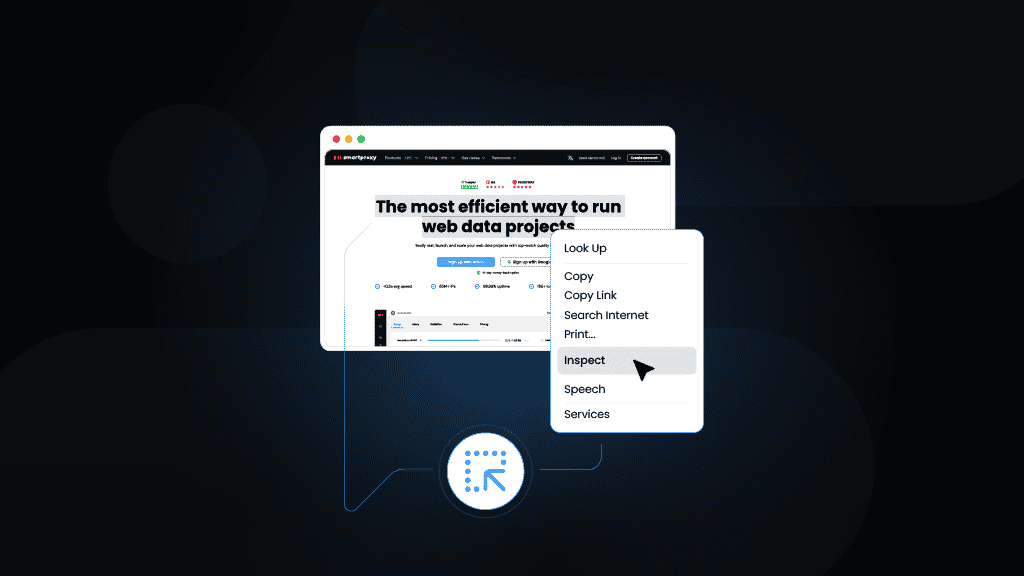Zillow Scraper API
Extract accurate property data, pricing trends, and market insights with our Zillow Scraper API* – identify opportunities faster, optimize investments, and outpace the competition with data-driven confidence.
* This scraper is now a part of the Web Scraping API.
14-day money-back option
Zero
CAPTCHAs
99.99%
success rate
195+
locations
Task
scheduling
7-day
free trial
Be ahead of the Zillow scraping game
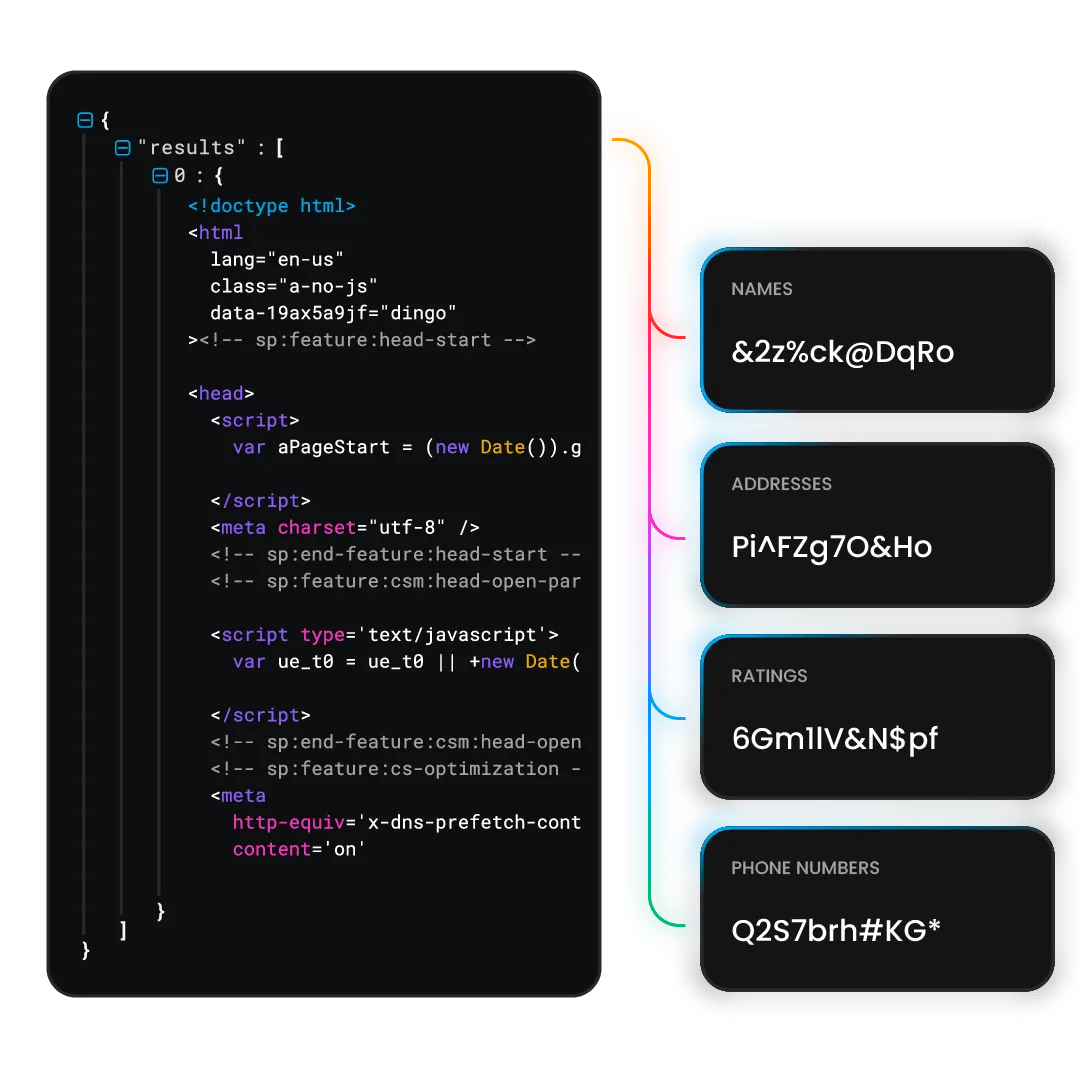
Extract data from Zillow
Our Web Scraping API is a powerful data collector that combines a web scraper, a data parser, and a pool of 125M+ residential, mobile, ISP, and datacenter proxies. That’s all you need to collect real estate data from Zillow.
Here are some of the key data points you can extract:
- Pricing data
- Property details
- Rental listings
- Location data
- Nearby properties
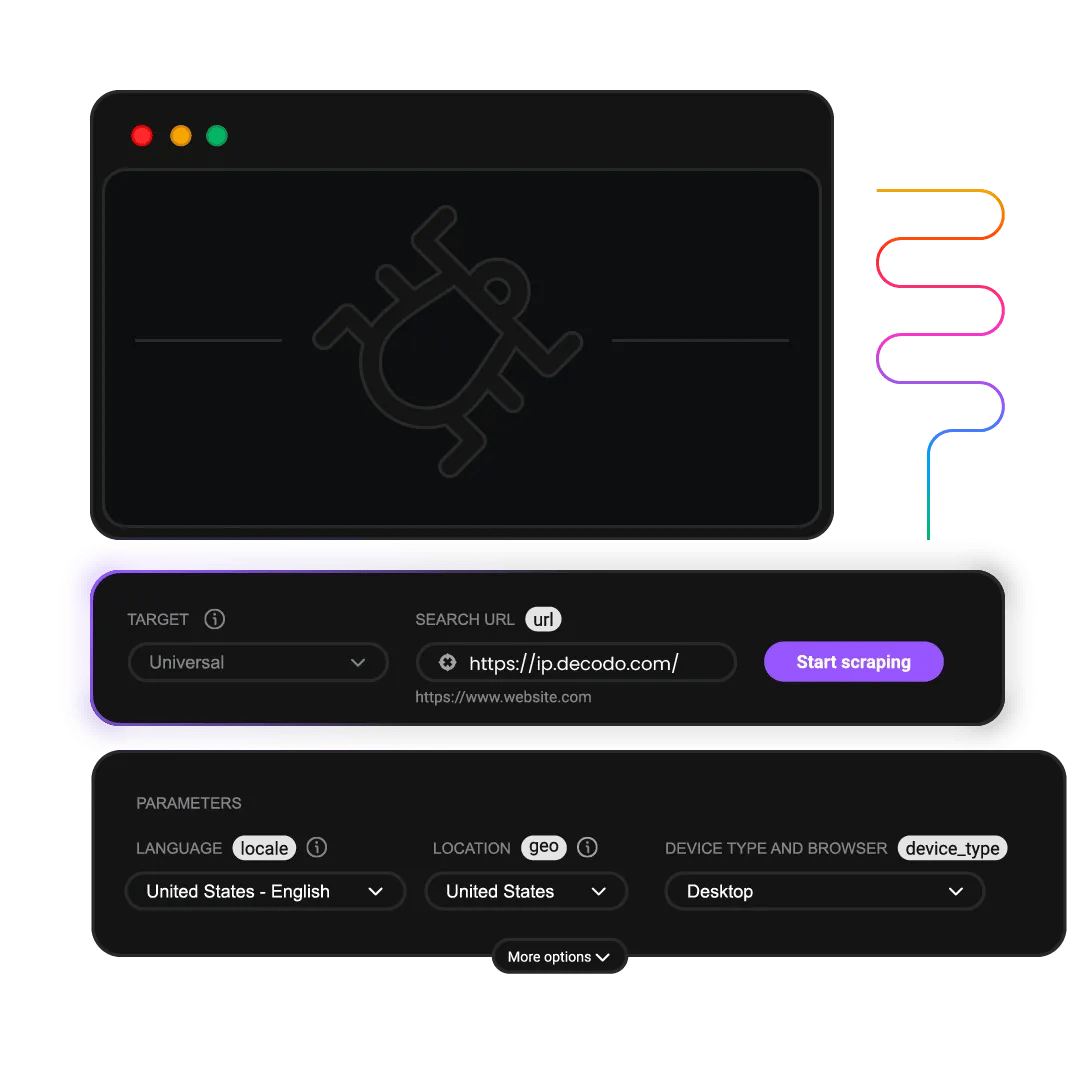
What is a Zillow scraper?
A Zillow scraper is a tool that extracts data from the Zillow real estate website. With our Zillow scraper API, you can send a single API request and receive the data you need in raw HTML format. Even if a request fails, we’ll automatically retry until the data is delivered – you're only paying for successful requests.
Designed by our experienced developers, this tool offers you a range of handy features:
- Built-in scraper
- JavaScript rendering
- Integrated browser fingerprints
- Easy real-time API integration
- Vast country-level targeting options
- CAPTCHA handling
How does Zillow scraper API work?
The Zillow scraper API simulates real user behavior to bypass anti-bot systems and extract accurate data from the website. Designed with ease of use in mind, it offers a simple setup process, ready-made scraping templates, and code examples, so even non-developers can start collecting data quickly. Users can fully customize their workflows, manage API settings, and get data in HTML format.
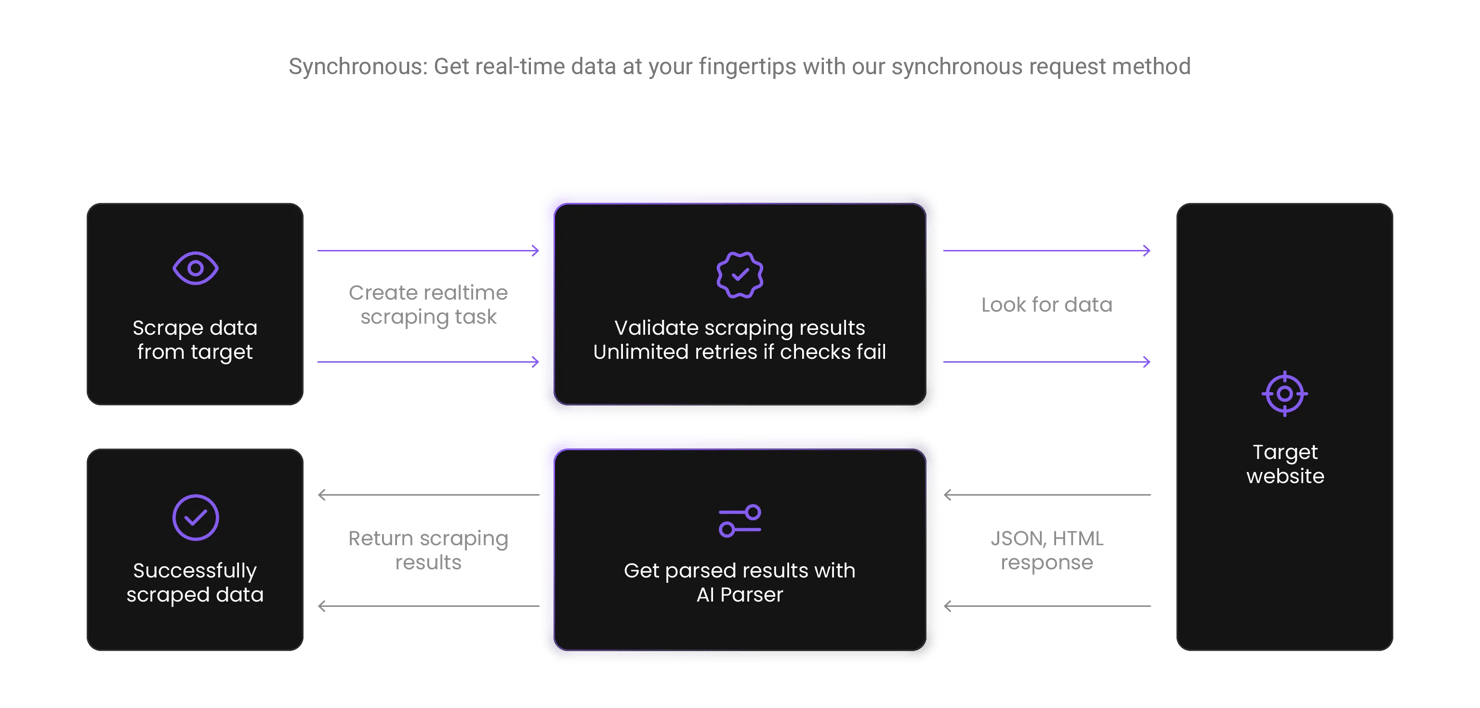
Scrape Zillow with Python, Node.js, or cURL
Our Zillow scraper API supports all popular programming languages for hassle-free integration with your business tools.
Collect data effortlessly with Zillow scraping API
Accurate results
Receive real-time HTML results within moments after sending your scraping request.
Guaranteed 100% success
Pay only for successfully retrieved results from your Zillow queries.
Real-time or on-demand results
Choose between real-time results or schedule data delivery for later.
Advanced anti-bot protection
Leverage integrated browser fingerprints to stay undetected while collecting data.
Easy integration
Set up the Zillow scraper API in minutes with our quick start guide and code examples.
Proxy integration
Bypass CAPTCHAs, IP blocks, and geo-restrictions with 125M+ IPs built into the API.
API Playground
Test your Zillow data scraping queries in our interactive playground.
7-day free trial
Try our scraping solutions risk-free with a 7-day free trial and 1K requests.
Find the right Zillow property data scraping solution for your use case
Explore our Zillow scraper API and choose the solution that best matches your needs.
Core
Advanced
Essential scraping features to unlock targets efficiently
Premium scraping solution with high customizability
Success rate
100%
100%
Anti-bot bypassing
Proxy management
API Playground
Task scheduling
Pre-build scraper
Ready-made templates
Advanced geo-targeting
Premium proxy pool
Unlimited threads & connections
JavaScript rendering
Explore our plans for any Zillow scraping project
23K requests
$1.25
$0.88
/1K req
Total:$20+ VAT billed monthly
Use discount code - SCRAPE30
82K requests
$1.2
$0.84
/1K req
Total:$69+ VAT billed monthly
Use discount code - SCRAPE30
216K requests
$1.15
$0.81
/1K req
Total:$179+ VAT billed monthly
Use discount code - SCRAPE30
455K requests
$1.1
$0.77
/1K req
Total:$349+ VAT billed monthly
Use discount code - SCRAPE30
950K requests
$1.05
$0.74
/1K req
Total:$699+ VAT billed monthly
Use discount code - SCRAPE30
2M requests
$1.0
$0.7
/1K req
Total:$1399+ VAT billed monthly
Use discount code - SCRAPE30
Need more?
Chat with us and we’ll find the best solution for you
With each plan, you access:
99.99% success rate
100+ pre-built templates
Supports search, pagination, and filtering
Results in HTML, JSON, or CSV
n8n integration
LLM-ready markdown format
MCP server
JavaScript rendering
24/7 tech support
14-day money-back
SSL Secure Payment
Your information is protected by 256-bit SSL
What people are saying about us
We're thrilled to have the support of our 130K+ clients and the industry's best
Attentive service
The professional expertise of the Decodo solution has significantly boosted our business growth while enhancing overall efficiency and effectiveness.
N
Novabeyond
Easy to get things done
Decodo provides great service with a simple setup and friendly support team.
R
RoiDynamic
A key to our work
Decodo enables us to develop and test applications in varied environments while supporting precise data collection for research and audience profiling.
C
Cybereg
Featured in:
Decodo blog
Learn more about scraping, build knowledge on our solutions, or get fresh ideas – our blog is just the perfect place.
Most recent
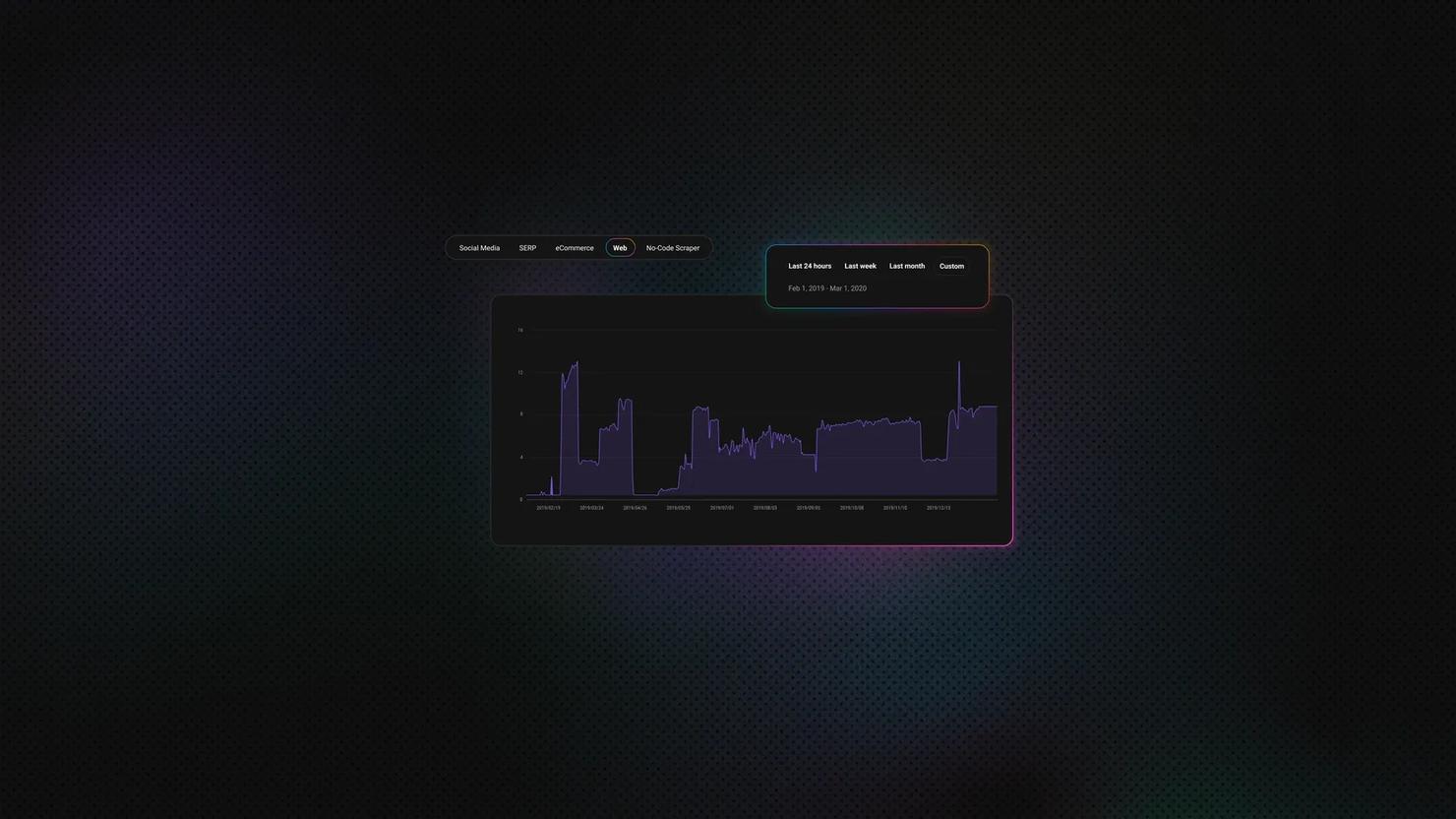
Mastering Scrapy for Scalable Python Web Scraping: A Practical Guide
Scrapy is a powerful web scraping framework available in Python. Its asynchronous architecture makes it faster than sequential scrapers built with Requests or Beautiful Soup, and it includes everything needed for production-ready scraping: spiders, items, pipelines, throttling, retries, data export, and middleware. In this guide, you'll learn how to set up Scrapy, build and customize spiders, handle pagination, structure and store data, extend Scrapy with middlewares and proxies, and apply best practices for scraping at scale.
Dominykas Niaura
Last updated: Mar 02, 2026
10 min read
Frequently asked questions
Can I scrape both residential and commercial property data?
Yes, you can use the Zillow scraper API to scrape residential and commercial property data. Our API is designed to extract real estate listings in various categories, including single-family homes, apartments, condos, office spaces, retail properties, and more.
You can configure your scraping parameters, ensuring you get only the data relevant to your needs. Whether you're tracking market trends, analyzing investment opportunities, or building a real estate aggregation platform, the API allows flexible data collection across all property types listed on Zillow.
Can I filter the data I scrape by location or price range?
You can filter listings based on country price range, property type, number of bedrooms and bathrooms, square footage, listing status (for sale, for rent, sold), and other key attributes by setting up our Web Scraping API with third-party solutions.
How does the Zillow scraper API work?
Our Zillow scraper API sends automated requests to Zillow’s website and extracts relevant property data in real time or on demand. Once a request is made, the API collects the data, including prices, descriptions, images, agent information, and historical price trends. It then returns the data that can be integrated into your applications, dashboards, or databases.
What are the common use cases for the Zillow scraper API?
Our Zillow scraper API is widely used across various industries for different purposes, including:
- Real estate investment analysis – track property prices, rental trends, and market fluctuations.
- Competitive research – monitor competitor listings and agent pricing strategies.
- Lead generation – collect contact details of agents, sellers, and property owners.
- Market research & data analytics – aggregate housing market trends for reports and business intelligence.
- Real estate platforms – populate property listing websites with up-to-date data.
Is it legal to scrape Zillow?
It's always advisable to consult with a legal professional to understand the specific implications for your use case and jurisdiction.
How do I integrate the API with my system?
Getting started with Decodo’s Web Scraping API is quick and hassle-free! Create an account and go to your dashboard's Web Scraping API section. There, you can choose a free trial option or a subscription plan that fits your needs.
Next, open the Scrapers tab and set up a new project. Simply enter your target URL or use the Bulk option for multiple queries, adjust your parameters, and hit Save & scrape.
In just a few minutes, you’ll receive real-time data from Zillow!
Get Zillow Scraper API for Your Data Needs
Gain access to real-time data at any scale without worrying about proxy setup or blocks.
14-day money-back option
